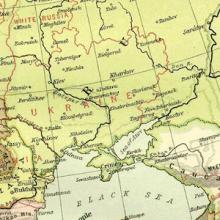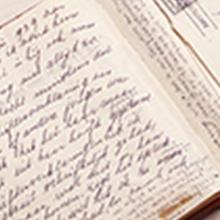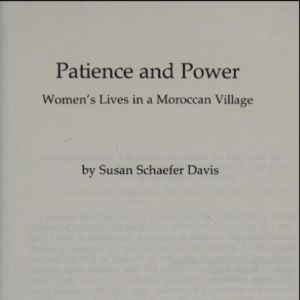Contemporary (1950 CE - Present)

Long Teaching Module: Border Changes of the Soviet Union
Border changes have been a central part of 20th century European history. This lesson will examine a few key maps and documents that explore the creation, expansion, and dissolution of the Soviet Union.
The Alma-Ata Declaration
This document is a translation of the Belovezh Accords, the agreement which essentially declared that the Soviet Union ceased to exist. Those who signed it agreed to form a Commonwealth of Independent States (CIS). Which states were signatories of the Belovezh Accords?

Act of Declaration of Independence of Ukraine
This source is one example of a former Soviet republic declaring its independence from the Soviet Union. Who created this document? What reasons does the document creator give for wanting to secede from the Soviet Union?

History of NATO Expansion Map
This map shows the expansion of NATO over time. Have students identify the most recently states to join NATO. Which states have joined NATO after the collapse of communism? Which of these newer NATO states had been Soviet satellite states as opposed to full republics of the Soviet Union?

Cold War Europe Military Alliances Map
This map illustrates which states in Europe belonged to NATO or the Warsaw Pact military alliance. The white states were neutral. This map illustrates the infamous Iron Curtain and the split between West and East. Which of these states belonged to the Warsaw Pact?

Analyzing Personal Accounts
Personal accounts, including memoirs, journals, diaries, autobiographies, and life histories, are important historical sources that help us understand the human condition. These are the stories we tell about our lives that usually portray a larger picture of a life in historical context.

Nisa, The Life and Words of a !Kung Woman by Marjorie Shostak
Made up of a series of analyses and personal interviews conducted by Marjorie Shostak, Nisa, The Life and Words of a !Kung Woman is an anthropological work about women of the !Kung tribe of the Kalahari desert in southern Africa told through the perspective of one individual, N

Dreams of Trespass by Fatima Mernissi
Written by Moroccan feminist and sociologist Fatima Mernissi, Dreams of Trespass: Tales of a Harem Girlhood is a semi-fictional tale about a young girl growing up in a traditional Moroccan harem in the 1940s and 1950s.

Patience and Power by Susan Davis
Patience and Power, Women's Lives in a Moroccan Village is an anthology of anecdotes, interviews, and observations by American anthropologist Dr. Susan Schaefer Davis.

Living History by Hillary Clinton
Written shortly after being elected a United States Senator, Living History is an autobiography by Hillary Rodham Clinton, politician and former First Lady of President Bill Clinton. Living History is a memoir covering Clinton's early years and her time as Fi